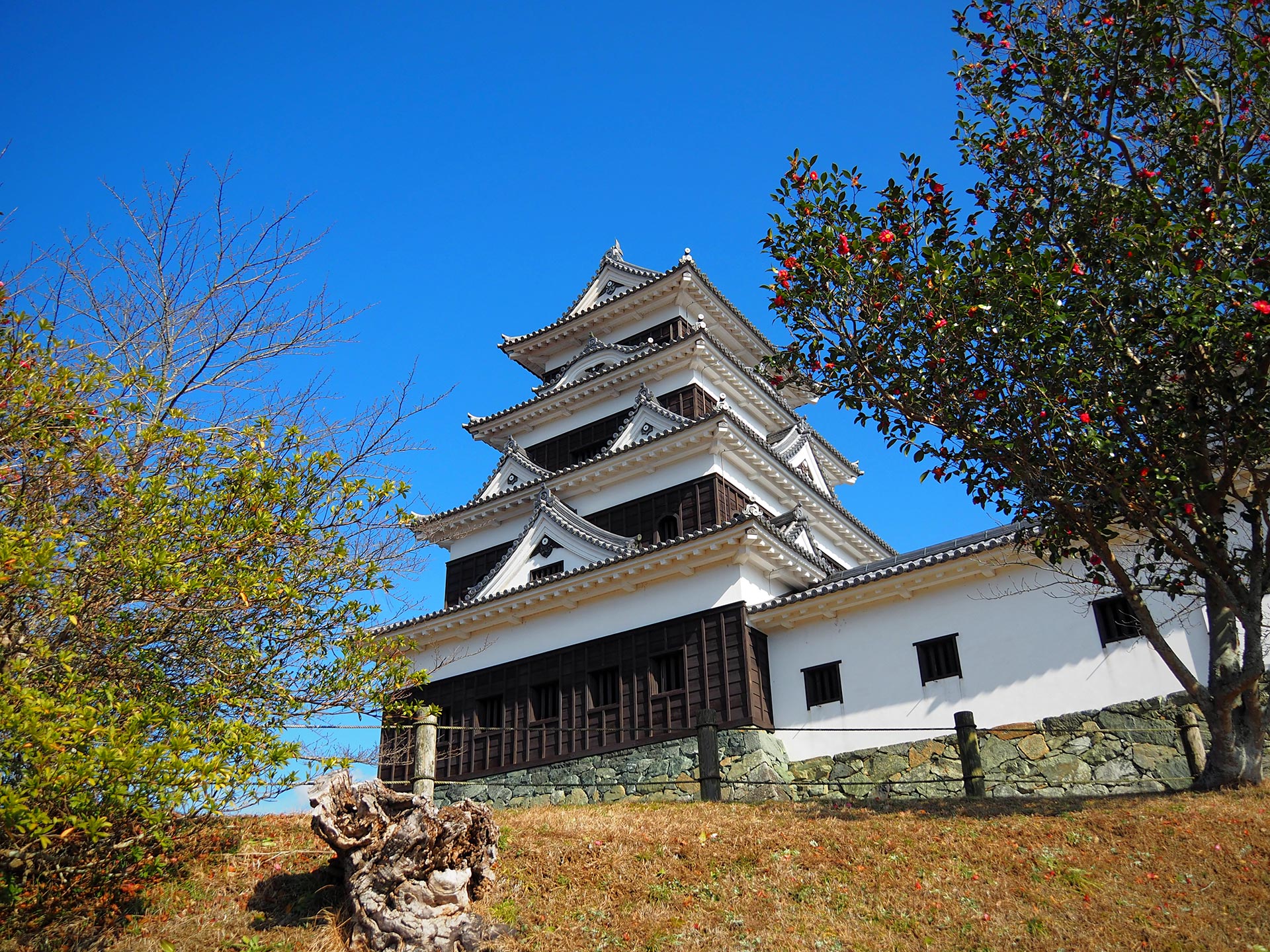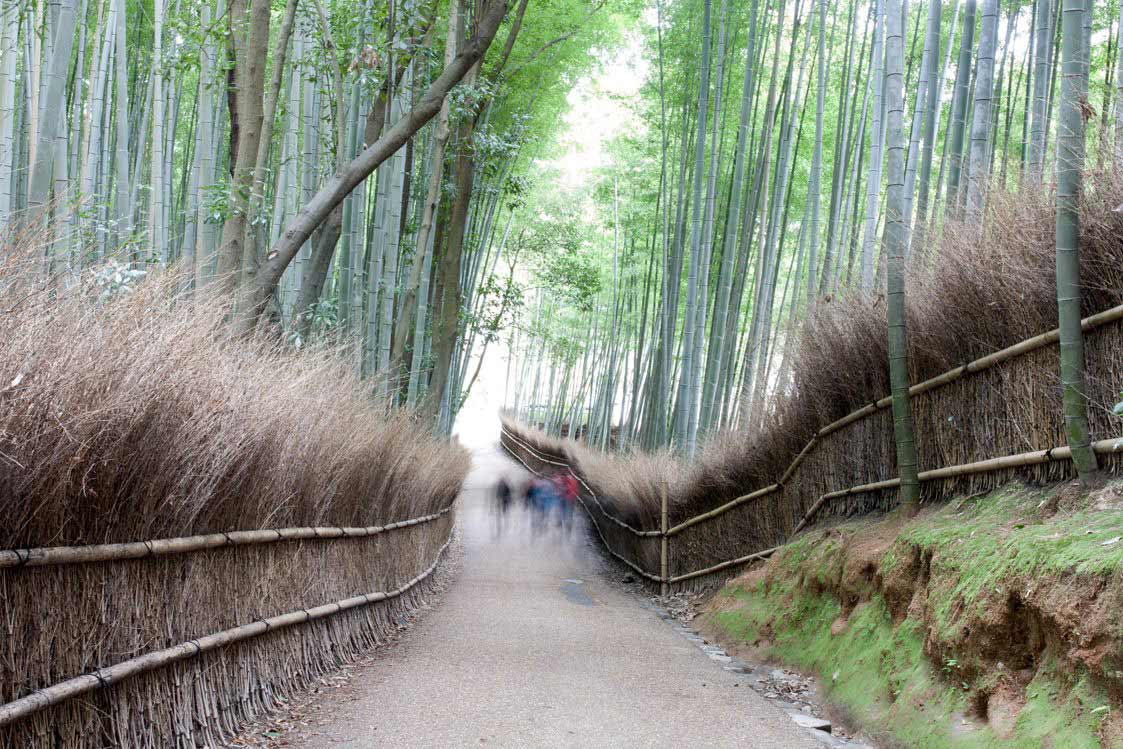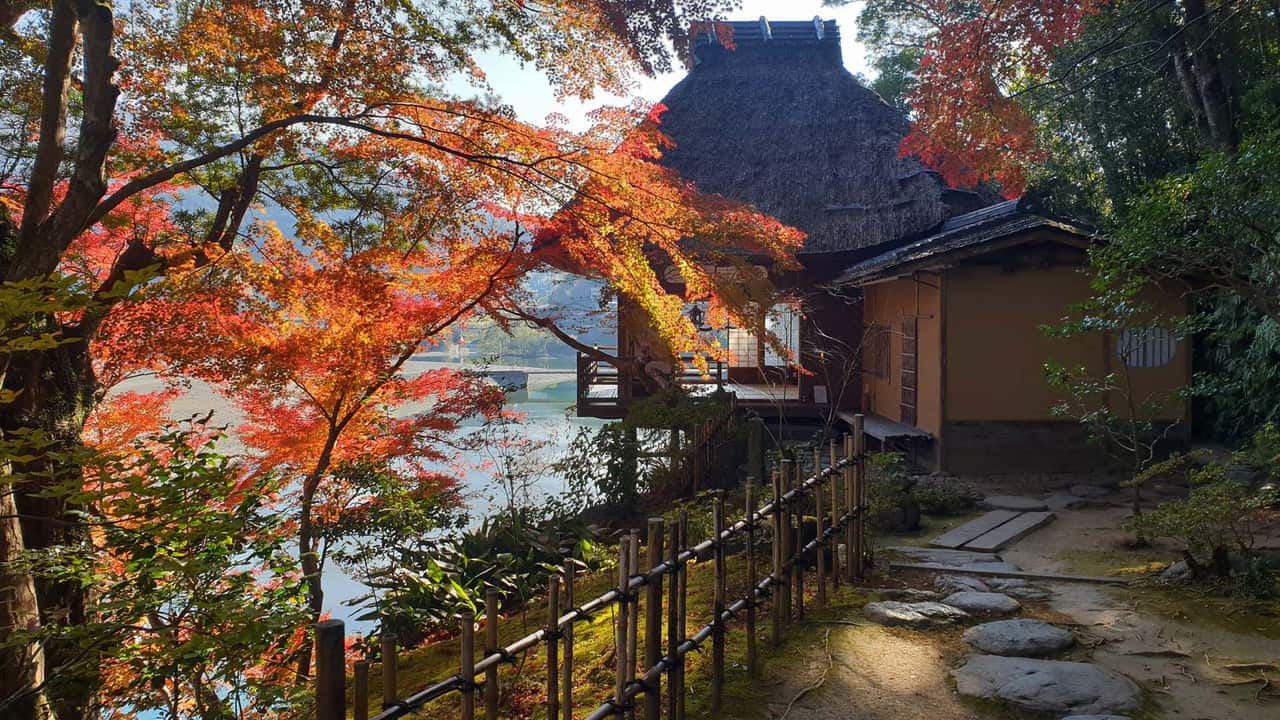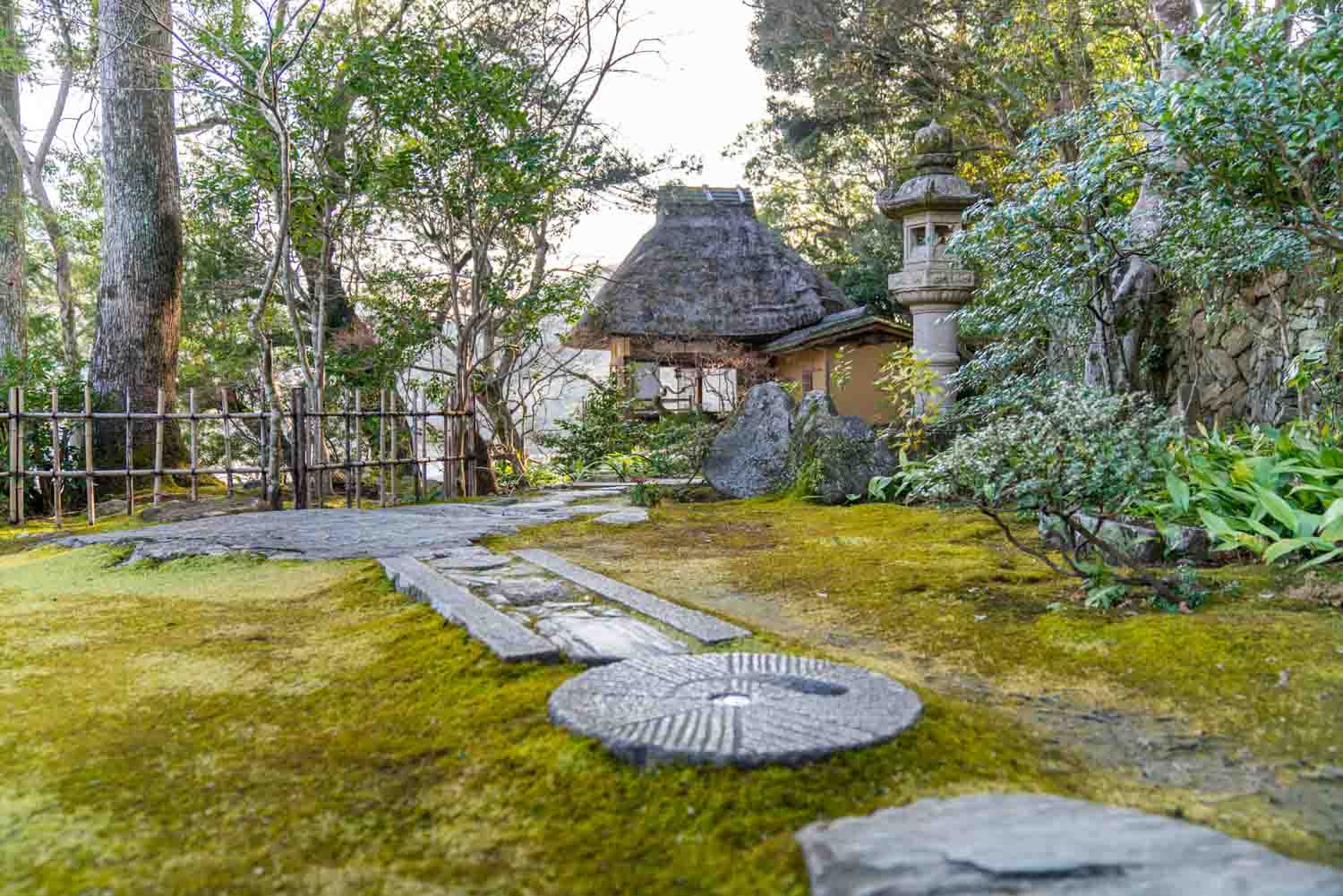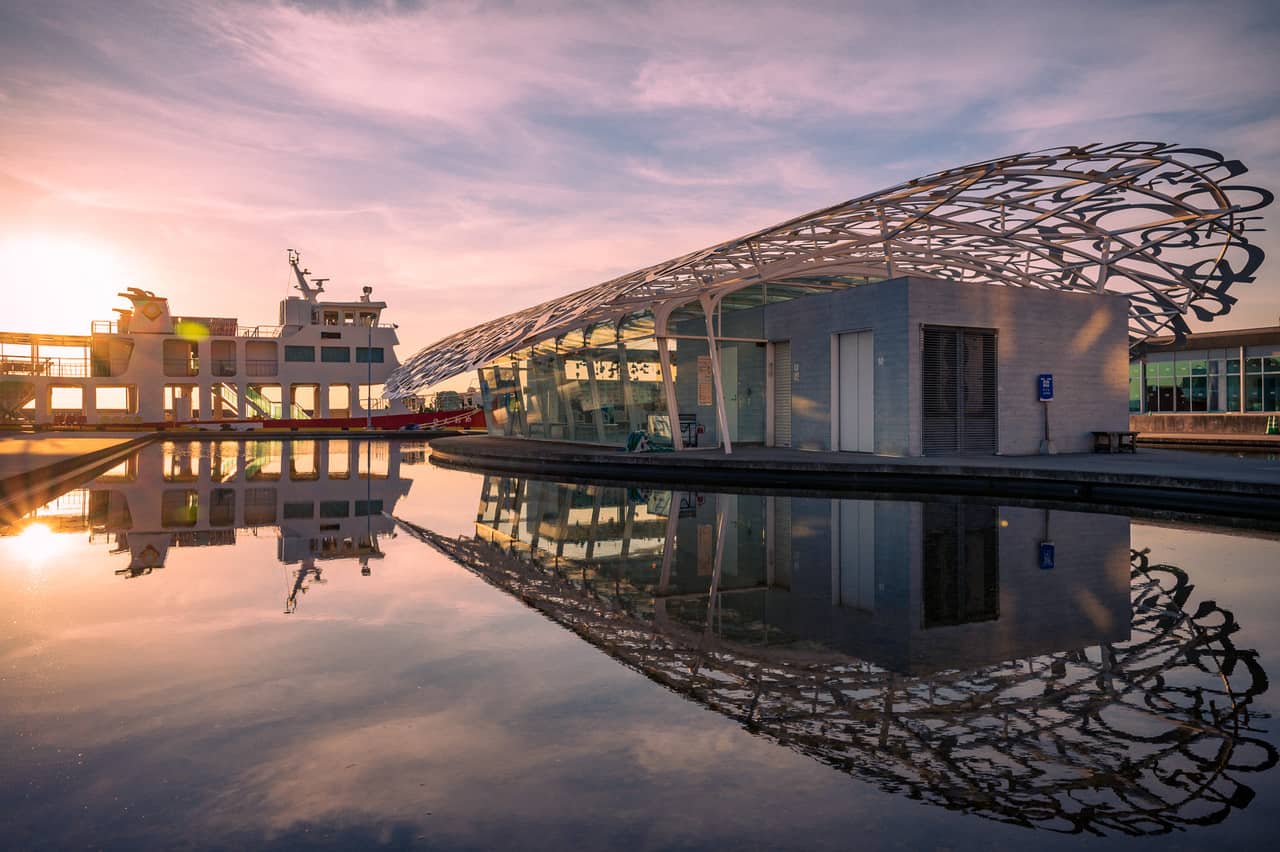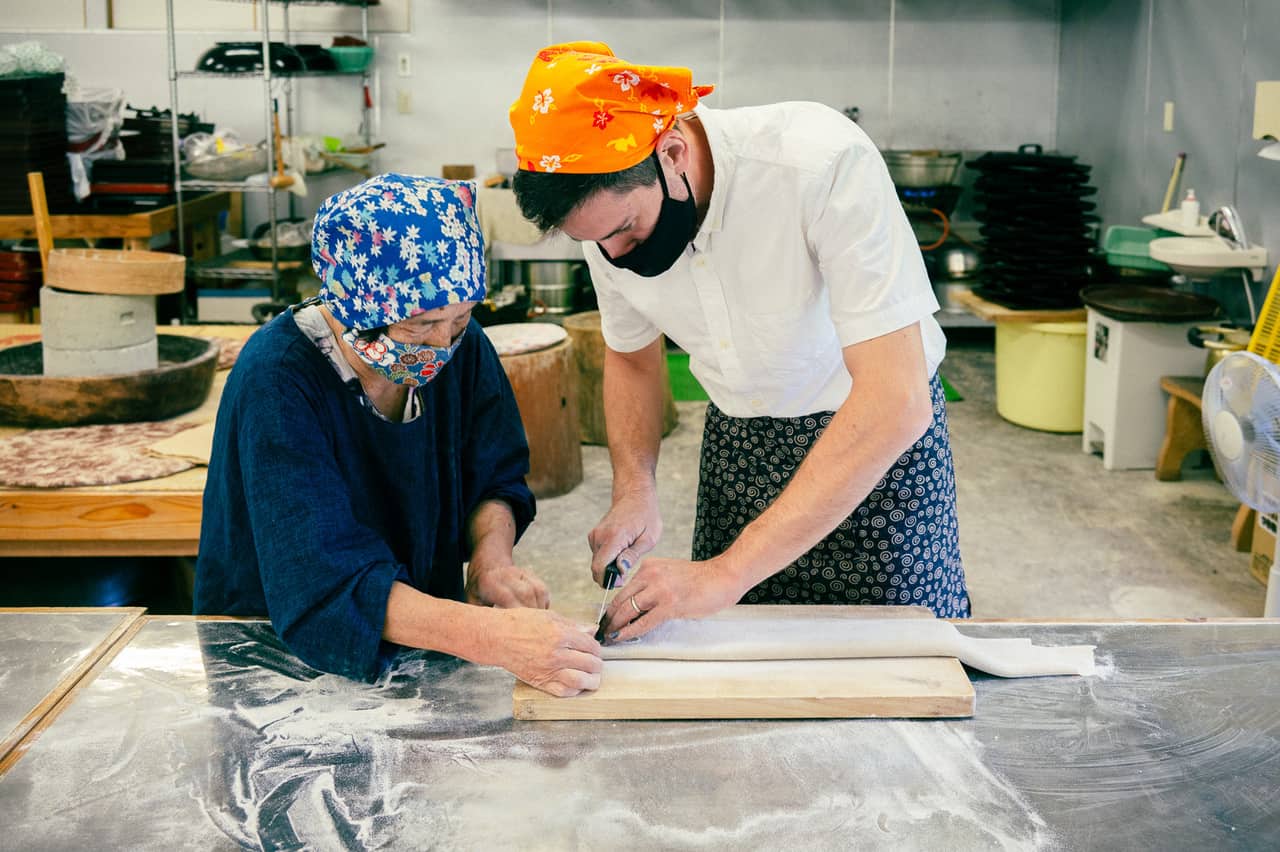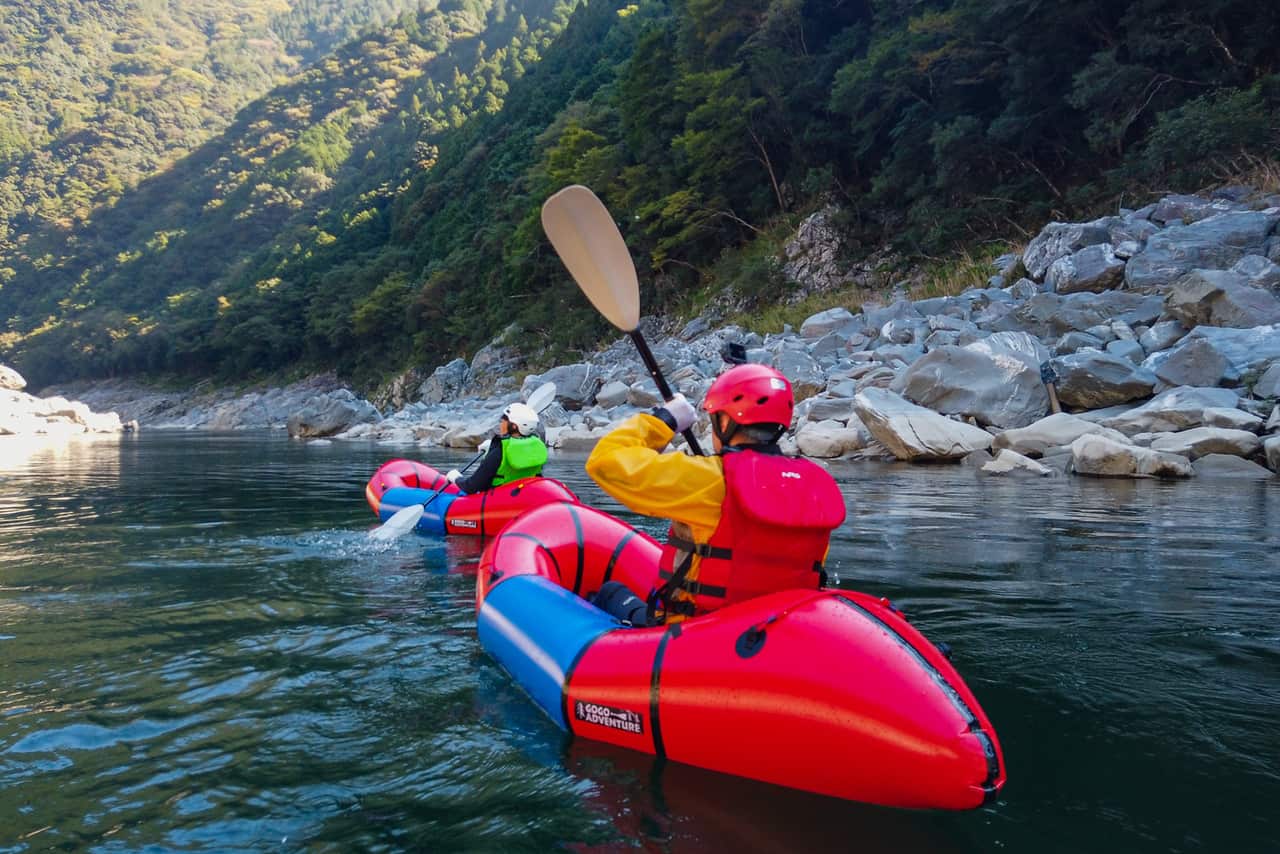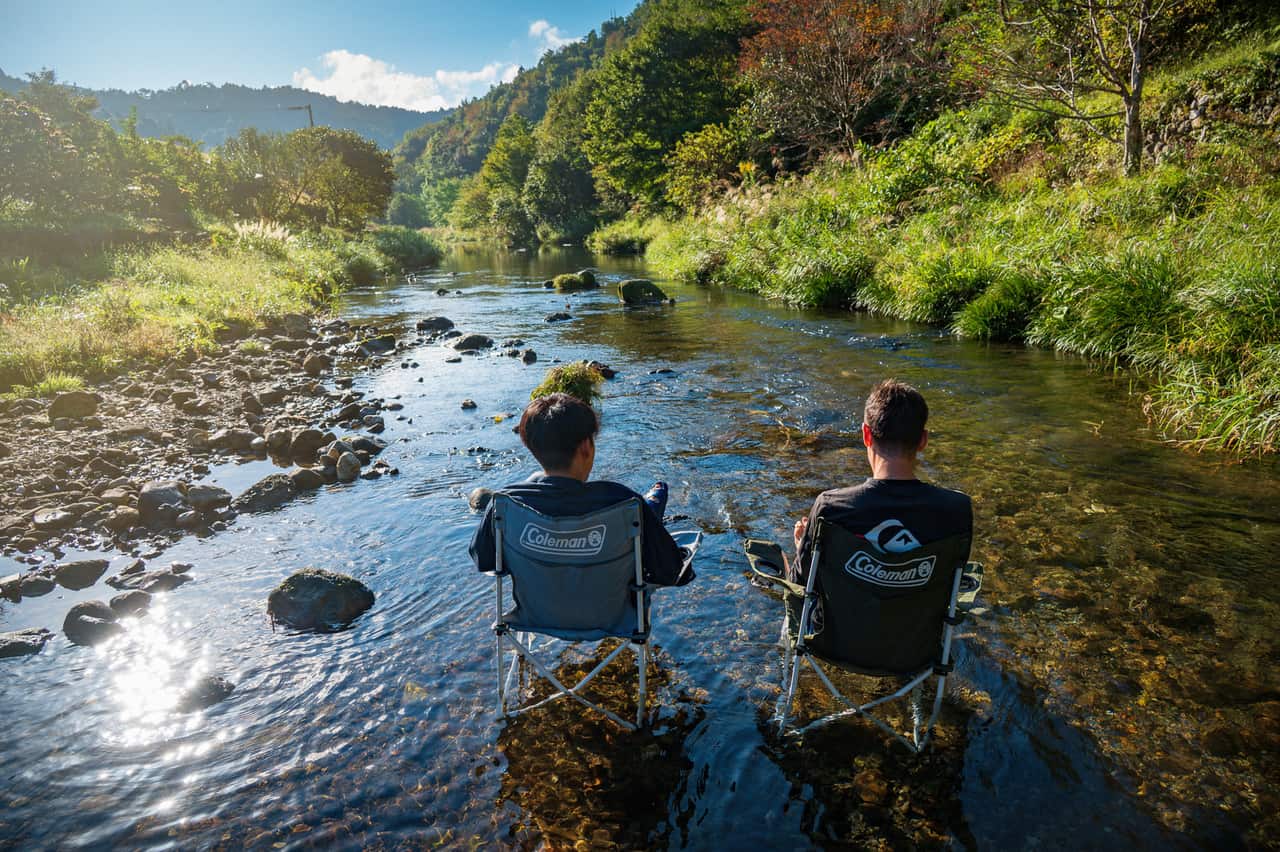Shikoku
Shikoku, the smallest of Japan’s main islands, offers a unique blend of natural beauty, cultural heritage, and spiritual significance. Known for its serene landscapes, Shikoku is home to the famous 88 Temple Pilgrimage, a spiritual journey that attracts visitors from around the world. The island boasts stunning coastlines, lush mountains, and charming rural villages, providing a tranquil escape from the bustling cities. Explore the historic castles of Matsuyama and Kochi, relax in the soothing hot springs of Dogo Onsen, or savor the local culinary delights like Sanuki udon. Shikoku’s rich traditions and warm hospitality make it a must-visit destination for those seeking an authentic Japanese experience. Whether you’re hiking through the Iya Valley or enjoying the vibrant festivals, Shikoku promises unforgettable memories.
